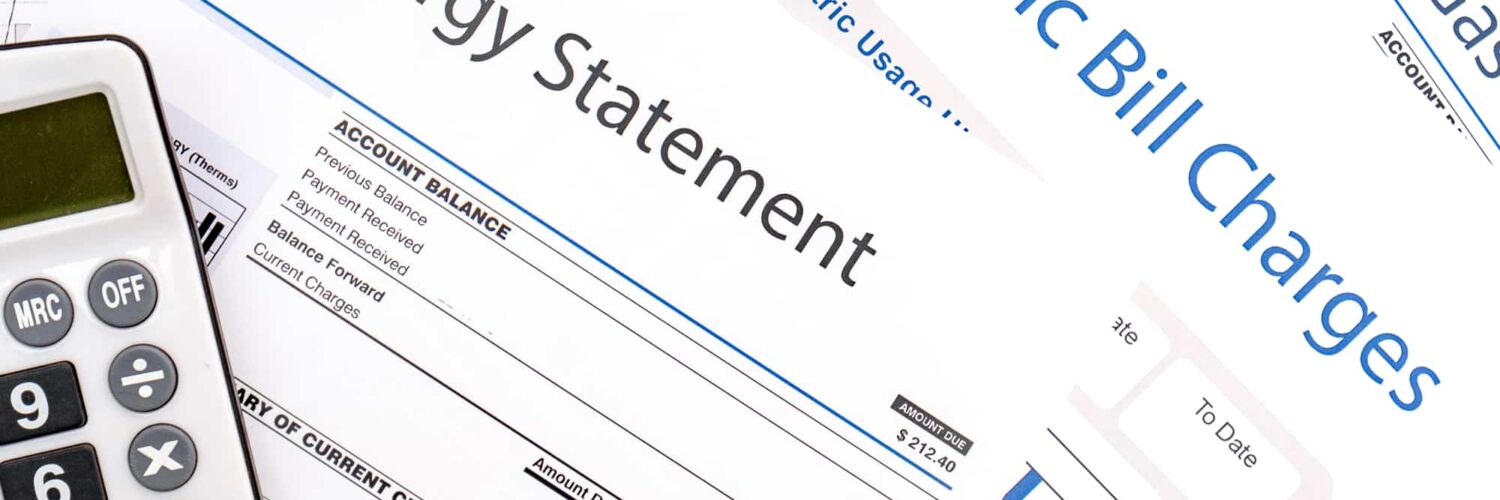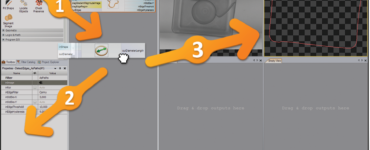Businesses require a tailored energy plan to manage costs. Review and compare kWh rates, contract lengths, and any additional value-added services suppliers offer.
Energy charges are based on your per kilowatt-hour (kWh) usage, and the best way to save is by shopping around for the best rate. Every business is different, so an electricity supplier should create a customized quote for your needs.
Know Your Limits
There is no one-size-fits-all answer to the question, “Is a fixed rate or variable electricity plan better?” When it comes to choosing an energy plan, it depends on your business needs, your company’s ability to budget, and how much risk you can take with local power prices.
Generally, businesses require more power than households. For this reason, power companies usually charge different rates for commercial customers. This allows power companies to create customized plans that offer the best value for businesses.
Electric company Carrollton, TX may sell fixed and variable-rate energy plans in deregulated markets. Both offer benefits to businesses. For instance, fixed-rate electricity plans give consumers peace of mind. They allow you to lock in a per kilowatt-hour price for the duration of your contract. This can help you better budget and prevent surprise energy spikes.
On the other hand, variable rate plans can save you money if market prices drop. However, you need to track market trends and monitor your usage to ensure you get the best deal.
Lastly, you should note that most fixed-rate contracts have a cancellation fee. This makes switching providers an inconvenient option. Unless you’re willing to stick with your current provider until your contract expires, you should consider opting for a variable rate plan. That way, you can always switch to a new provider when energy rates are lower.
Don’t Compromise
When negotiating an electricity rate, refusing to compromise will keep you from being taken advantage of. It’s in the supplier’s best interest to charge you as much as possible since they make their money through sales commissions. But you have more negotiating power than they do – and that can help save your company thousands of dollars in overhead costs each year.
Business electricity rates are customized depending on your energy consumption and how you use it. That’s why it is important to understand each plan you are comparing offers. For example, some plans may be displayed as a price per kilowatt-hour (kWh), while others will show you the total monthly price.
It would help if you also considered whether you want to choose a fixed or variable rate. While variable-rate plans can be less expensive than fixed-rate options, they are more risky if market prices drop, as your bill will likely rise. If you are interested in a variable rate plan, check for contract lengths and any fees or penalties associated with early termination.
Additionally, some businesses opt for plans that offer free electricity at certain times of the day or week – often known as “time-of-use” plans. These can be good options for businesses that use very little energy during peak times. Consult an expert if you’re unsure which kWh rate structure is right for your business.
Don’t Sign Until You’re Sure
Getting a fixed rate means your price per kilowatt hour won’t change for the length of your contract. This type of plan is best for businesses needing budget certainty, as market conditions and world events will not impact their electricity rates.
Remember that a fixed-rate plan doesn’t necessarily mean you won’t save money. If the electricity market experiences a dip, your rate will likely fall, and you can benefit from lower prices.
If you want more flexibility, consider a variable rate plan that may include additional line items on your bill. These could include utility charges incurred by the local TDSP and regional administrative fees. The plan can add these charges as separate lines on your monthly bill or work them into the electricity supply rate per kilowatt-hour.
Another option to consider is a plan that offers free electricity at certain times, such as on weekends and after 7 pm weekdays. These plans are a good choice for businesses that operate in shifts and must be energy efficient throughout the day. Check the Electricity Facts Label (EFL) to see if your pricing will include these plans. Also note that if you switch providers during your contract term, you might have to pay an early cancellation fee.
Be Flexible
When shopping for an electricity plan, it is important to remember that one size does not fit all. Energy plans vary in terms and prices, and every business has unique needs. It would help to find a plan to meet those requirements if you looked at how much your company uses, your budgeting preferences, and the local market.
For example, if you are looking at a fixed rate plan that offers free weekends and nights but has higher rates during other times of the day, this is a great option for businesses that use energy more heavily during these periods. This type of plan is also known as a time-of-use plan, and it allows you to avoid paying for high electricity costs when they aren’t needed.
It’s also a good idea to remember that some electricity plans do not include all fees, especially transmission, and other utility fees. These are typically passed on to you as separate line items on your electricity bill. However, many suppliers can absorb these costs and work them into the per-kWh rate they charge customers. This means that you will need to be flexible when negotiating a plan, as you may need to accept that the final price of the contract will be slightly higher than if all fees were included in the price.
For more valuable information visit our website.










